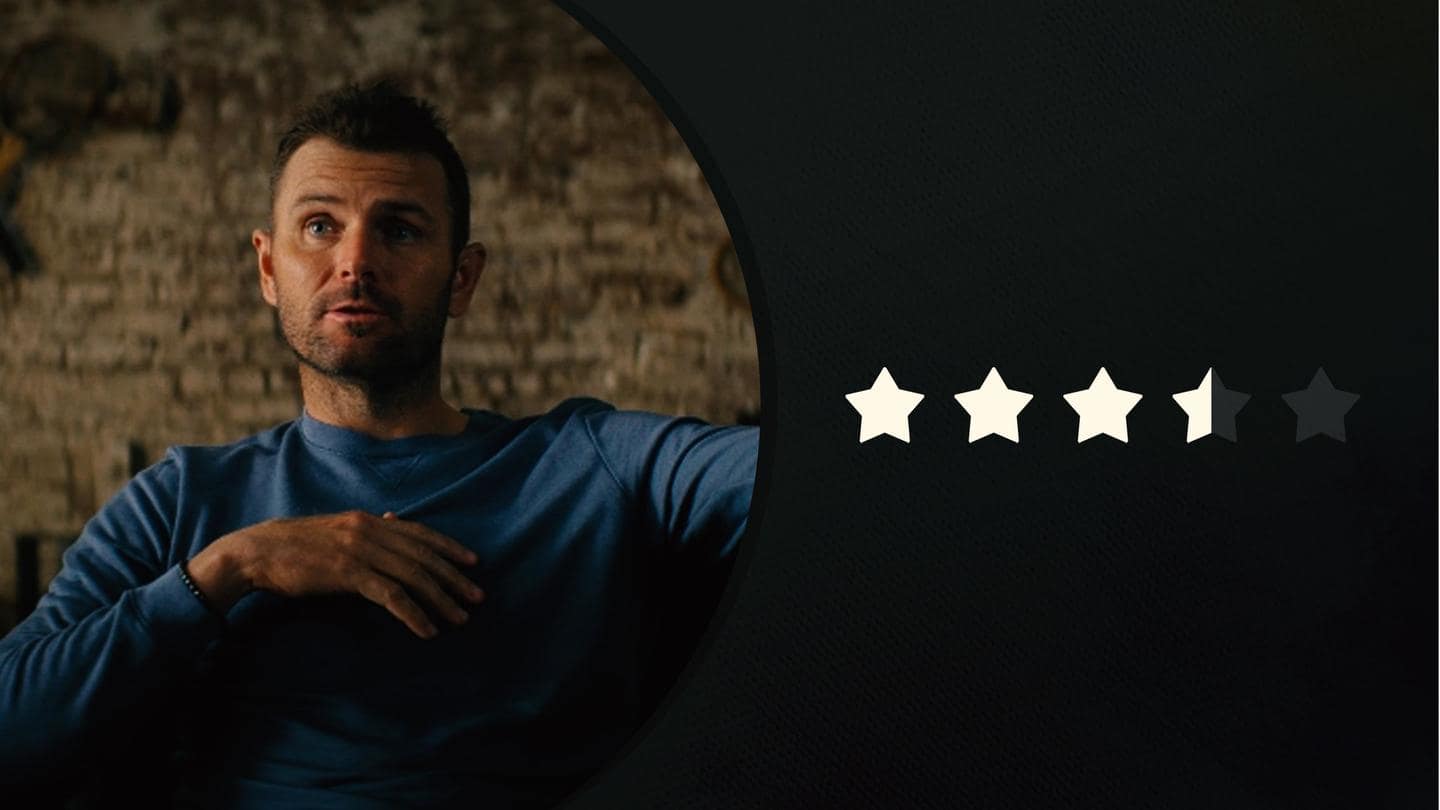
'Untold: Breaking Point' review: Of American tennis, anxiety, and acceptance
What's the story
At a time when tennis star Naomi Osaka said she is going to take an indefinite break from the sport, Netflix released its fifth episode of the documentary series Untold Vol.-1.
What is the relation?
Well, Untold: Breaking Point stars former US tennis player Mardy Fish, who spoke out about his mental health issues at a time when not many did.
Here's our review.
Contents
Fish grew up training to bring back US tennis glory
The one-hour and 19-minute long documentary opens in the late 1980s when America was staring at the end tails of its tennis champs and the upcoming names weren't great enough.
So with immense hope and expectation, the United States Tennis Association (USTA) started training the best national talents and young Fish was one of them.
Thus began his tale—rooted in pressure and high stakes.
Game
Fish remained content with not being a tennis legend
Fish met former World No. 1, Andy Roddick, at the USTA training camp, immediately acknowledging Roddick was a better player.
That was the thing with Fish, he was okay knowing he wasn't a legend.
The legends were known by different names (like Roger Federer, Rafael Nadal, or Novak Djokovic).
But it occurred to him at 28, that maybe he never gave it his all.
Journey
He recorded an epic late growth but there was catch
Then, after halfway through the documentary, we come to Fish's epic rise from a mediocre player to World No. 7, defeating the likes of Andy Murray and Nadal.
However, success brought him close to physical and mental pain—pain he didn't know how to deal with.
When you grow up learning "no complaining, no escape routes" is the only way, showing weakness becomes hard.
Do you know?
He withdrew from the biggest match of his life
In 2012, Fish had the biggest opportunity in front of him—playing Federer at the US Open—yet he withdrew as his anxiety attacks had gotten worse than ever. Sitting through the recreation of the entire situation, along with actual clips, is hard.
Verdict
Message: Even 'tough' sportspersons are allowed to take breaks
Despite focusing on a lot of things (Fish, Roddick, American tennis, etc), directors Chapman Way and Maclain Way stay true to the message.
Mental health is a real issue and even "tough" sportspersons should be allowed to take breaks, withdraw from matches, and prioritize their wellbeings and emotions.
Because like Fish says, "suck it up" is a piece of terrible advice.
Verdict: 3.5/5 stars.
Quote
Physical injuries are legit, why can't we accept mental ones?
Recently, the US Davis Cup captain spoke about Osaka's decision. "I would tell her, do whatever makes you happy... Hopefully she finds peace and comfort," he said, adding how he didn't have "a success story to lean on" in professional sports when he was suffering.